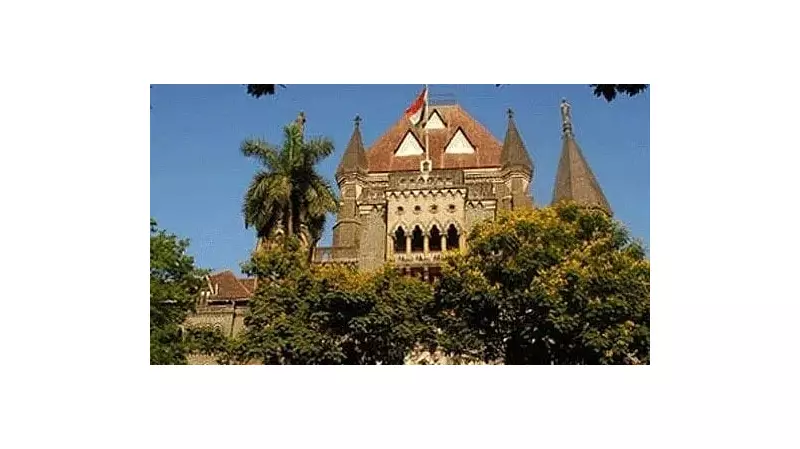
In a dramatic development that has sent shockwaves through Mumbai's legal circles, a city-based lawyer has surrendered in connection with a hostage case while making explosive allegations of a planned fake police encounter.
The legal professional, identified as Shrirang Mhalunge, turned himself in at the Khar police station on Tuesday, but not before leveling serious accusations against the investigating officers. The case has now taken a controversial turn with the lawyer's legal team preparing to approach the Bombay High Court.
The Hostage Incident
The controversy stems from an incident where Mhalunge was allegedly involved in holding a woman hostage at her residence in Khar. According to police reports, the lawyer and his associates were accused of confining the woman and making extortion demands from her family.
Explosive Allegations
What makes this case particularly noteworthy are the counter-allegations made by the surrendered lawyer. Mhalunge claims that the police had orchestrated a plan to eliminate him in a staged encounter, forcing him to approach the court for protection before surrendering.
"This is not just about a hostage case anymore," said a legal expert familiar with the matter. "The allegations of a planned fake encounter, if proven true, could have serious implications for the police department's credibility."
Legal Strategy
Mhalunge's legal counsel has indicated they will be moving the Bombay High Court with multiple petitions, including requests for:
- Transfer of the case to an independent agency
- Protection for the accused during custody
- Investigation into the alleged encounter plan
- Preservation of evidence including CCTV footage
Police Response
While the Mumbai police have registered the hostage case and arrested multiple individuals, they have yet to officially respond to the fake encounter allegations. The department typically maintains that all operations are conducted within legal boundaries.
Broader Implications
This case comes at a time when police encounters in Maharashtra, particularly Mumbai, have been under increased scrutiny. Human rights organizations and judicial bodies have repeatedly called for greater transparency and accountability in police operations.
The Bombay High Court's intervention, if it occurs, could set important precedents for how such allegations are handled in the future. Legal experts are closely watching whether the court will order an independent investigation into the encounter claims.
As the case develops, it raises fundamental questions about police procedures, the rights of the accused, and the mechanisms available for citizens to seek protection against potential state excesses.





